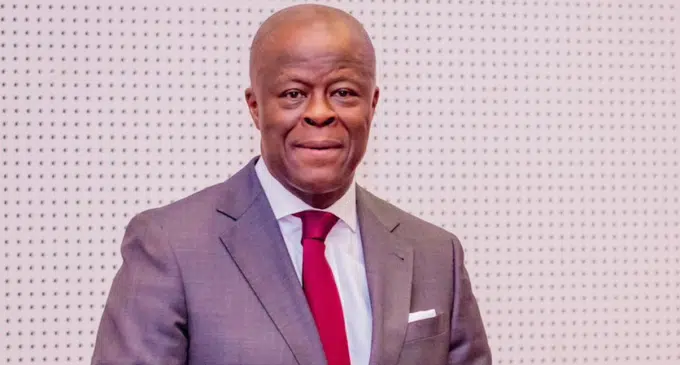The Federal Government is forging ahead with its plan to conduct crude oil and refined product sales in naira, a strategic move aimed at strengthening the local currency and driving energy sector reforms, Minister of Finance and Coordinating Minister of the Economy, Wale Edun, has confirmed.
Speaking after a high-level meeting of the Technical Sub-Committee on Crude and Refined Product Sales in Naira, Edun reiterated the government’s commitment to reducing Nigeria’s reliance on foreign exchange for petroleum-related transactions. The initiative is a central pillar of President Bola Tinubu’s economic reform agenda.
“The goal is clear: we want to stabilise the naira, enhance energy security, and increase the value we retain from our natural resources,” Edun said. “We are seeing impressive cooperation across agencies, and the momentum behind this initiative is strong.”
The meeting, held in Abuja, brought together key players in the oil and gas sector to review progress made since the last engagement and to strategize on ongoing implementation. In attendance were prominent industry stakeholders, including Zacch Adedeji, Executive Chairman of the Federal Inland Revenue Service (FIRS), who also serves as Chairman of the Technical Sub-Committee; Special Adviser to the President on Energy, Olu Verheijen; and senior officials from the Nigerian National Petroleum Company Limited (NNPCL).
Other agencies represented included the Nigerian Midstream and Downstream Petroleum Regulatory Authority (NMDPRA), the Nigerian Upstream Petroleum Regulatory Commission (NUPRC), the Nigerian Ports Authority (NPA), and representatives of local refining companies.
Edun explained that the naira-for-crude initiative is not just about currency management but also about boosting domestic refining capacity. “By settling crude and refined product transactions in naira, we are not only conserving foreign exchange but also sending a strong signal to investors about our focus on local value addition,” he noted.
According to a statement from the Ministry of Finance, the committee reviewed milestones achieved thus far and mapped out next steps to ensure seamless execution of the initiative.
The government hopes that this strategy will encourage greater investment in domestic refining, reduce exposure to global FX volatility, and ultimately strengthen Nigeria’s economic resilience.



















